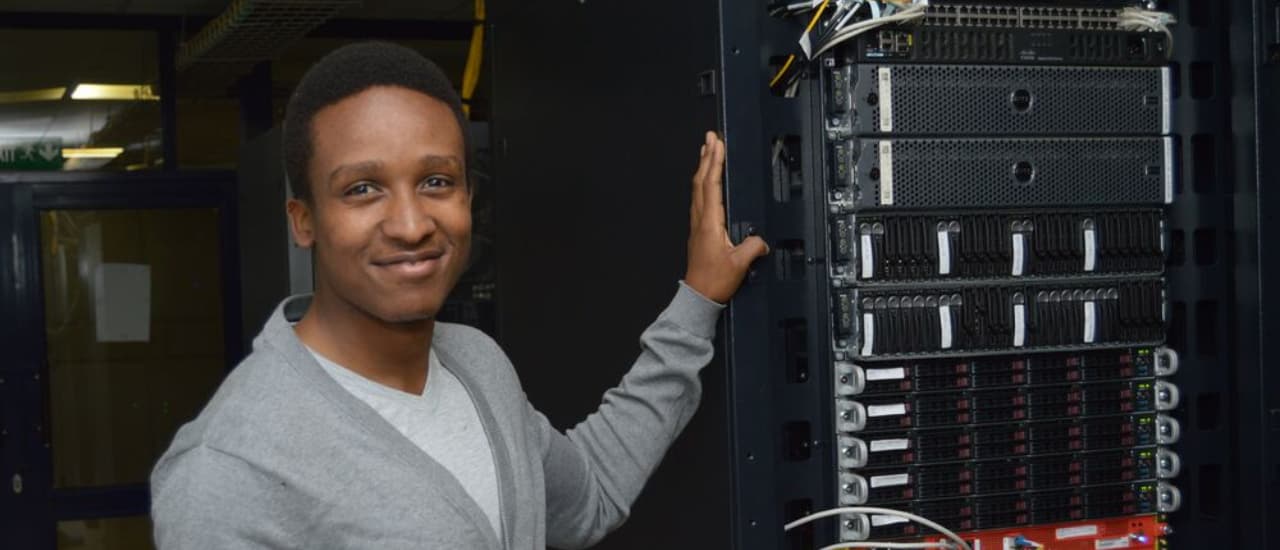


The International Monetary Fund (IMF) has approved a $25 million disbursement for the Central African Republic [389a531f]. This disbursement aims to address the country's balance of payments needs and sustain spending on basic public services. The Central African Republic's economy is projected to grow by 1.0 percent in 2023, but inflation is expected to remain high. The IMF's Extended Credit Facility is part of coordinated efforts to support the country and strengthen governance and transparency. The authorities are taking measures to meet targets and implement domestic reforms to bolster revenues and strengthen public debt management. Similarly, Rwanda and the IMF have reached an agreement to bolster the country's economy and ensure financial stability [db662cc9]. The agreement includes measures to address economic imbalances resulting from climate-related shocks and provides financial support of about $262 million through a new 14-month Stand-by Credit Facility. Rwanda's resilience in the face of challenges and positive performance of macroeconomic policies are recognized. However, continued efforts are needed to address imbalances and ensure economic sustainability, including fiscal consolidation, data-driven monetary policy, exchange rate adjustments, and tax reforms. Both Central African Republic and Rwanda are working towards building economic resilience and implementing reforms to strengthen their economies and ensure long-term stability.
In addition to these economic developments, the Internet Society and ICANN have partnered to enhance Internet Exchange Points (IXPs) in Africa, including in Benin, Malawi, and Rwanda [63ee3cae]. Under the auspices of the Coalition for Digital Africa, grants have been awarded to three IXPs in these countries. The Benin Internet Exchange (BeninIX) has improved its technical infrastructure and organized community events and workshops. The Malawi ISP Association (MISPA) will install a second IXP in Lilongwe (LLIX) to serve the central region of Malawi. The Rwanda Internet Community and Technology Alliance (RICTA) has conducted comprehensive training to improve technical skills. This initiative is part of the broader Sustainable Peering Infrastructure Funding Program, which aims to support a total of five IXPs in Africa. By empowering these IXPs, the project aims to enhance connectivity and strengthen Internet infrastructure in the region, contributing to digital transformation and economic growth [63ee3cae].